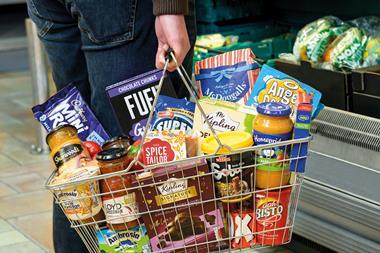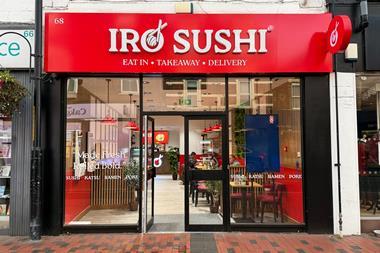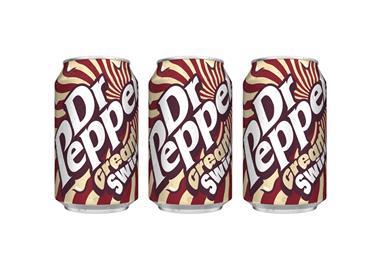Brian Revell, national officer of the Transport and General Workers' Union, got it half right. "Premier Foods is acting like a private equity company," he moaned, as CEO Robert Schofield announced plans to axe 600 staff and close six factories this week. Well, er, yeah, Brian. Wake up and smell the coffee. The fact Premier has been able to compete with the private equity giants - and their suitcases full of cash - to buy the likes of Campbell Soup and RHM is precisely because he is acting like a private equity company. Where there is waste, overlap and inefficiency, he is cutting it. If facilities are old and decrepit, how can Premier compete with brand new factories in Eastern Europe or China? And if brands are tired and underinvested, what chance a future? Not to do this is an abrogation of duty, then, not just to the shareholders, who've invested in the business on the basis of his ability to deliver £85m in cost savings, but to the remaining staff. It's only by getting the merged business in fighting shape that he will have the money he needs to invest in the NPD that will grow the business. The launch of Branston baked beans and regional Quorn burgers and healthy new Hovis variants - all the creative stuff that Schofield has done so well -couldn't happen if Premier was producing jam in three different plants, for example. With commodity prices rising far faster than retail prices, supermarkets seeking discounts and promotional support, and margins eroding (see OC&C/Grocer 150 Index, p30), the only route to survival is to combine brilliantly creative product development with ruthless operational efficiency. If he doesn't do it, Brian, someone else will. And they'll do it with half the flair and half the new jobs.
Close menu
- Home
- Retail & Wholesale
-
Products & Suppliers
- Back to parent navigation item
- Products & Suppliers
-
Product Categories:
- Back to parent navigation item
- Product Categories:
- Alcoholic drinks
- Bakery
- Cereals & breakfast
- Cheese
- Chicken & poultry
- Chocolate
- Confectionery
- Crisps, nuts & snacks
- Dairy
- Fish
- Fresh produce
- Frozen
- Household
- Meat
- Own Label
- Sauces & condiments
- Seasonal
- Soft drinks
- Vaping
- Vegan & plant-based
- World foods
- Suppliers
- People
- Reports & Data
-
Topics A-Z
- Back to parent navigation item
- Topics A-Z
-
Popular topics:
- Back to parent navigation item
- Popular topics:
- Cost of living crisis
- Crime
- Deposit Return Schemes
- Finance
- Government & Regulation
- Health
- Inflation
- Loyalty
- Marketing
- Mergers & Acquisitions
- New Product Development
- Sourcing
- Supply chain
- Sustainability & environment
- Technology
- Ultra Processed Foods
- Vaping
- A-Z all topics
- Content by type:
- Events
- Ask iA (beta)
- Subscribe now
Opinion - "Premier's got it right. The only route to survival is to combine brilliant NPD with ruthless operational efficiency"
2007-07-09T00:00:00+01:00
Sign in to comment on this article
Not logged in before? Register for FREE guest access today.
You will be able to:
- Read more stories
- Receive daily newsletters
- Comment on stories
Advert
















No comments yet